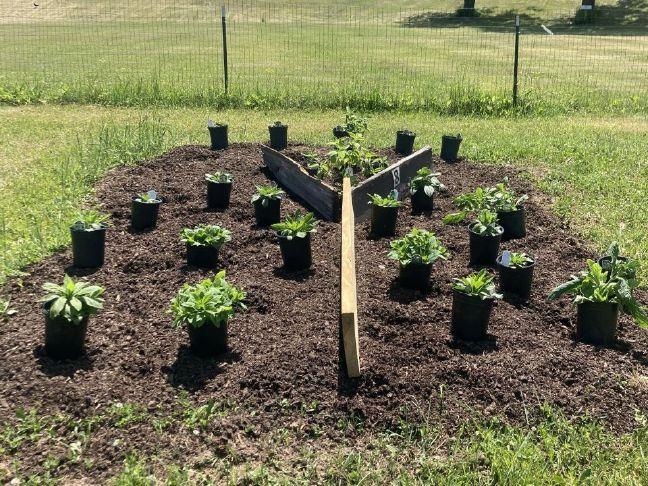Green Funding Flows: Warren County Unveils Eco-Project Grants

Calling All Environmental Innovators: Your Community Needs Your Vision!
Are you passionate about making a tangible difference in your local environment? Do you have a groundbreaking idea that could transform your community's ecological landscape? Now is your chance to turn those innovative thoughts into meaningful action!
The Queensbury Environmental Initiative is seeking creative and forward-thinking community members who are ready to champion local environmental projects. Whether you're dreaming of sustainable green spaces, innovative recycling programs, wildlife conservation efforts, or community clean-up strategies, your unique vision could be the catalyst for positive change.
Local environmental projects have the power to create lasting impact, improve community well-being, and inspire collective action. Your idea—no matter how small it might seem—could be the spark that ignites significant environmental transformation in Queensbury.
Don't hesitate. Share your vision, collaborate with like-minded community members, and help build a greener, more sustainable future right here in our local area. Your creativity and commitment can make a real difference!
